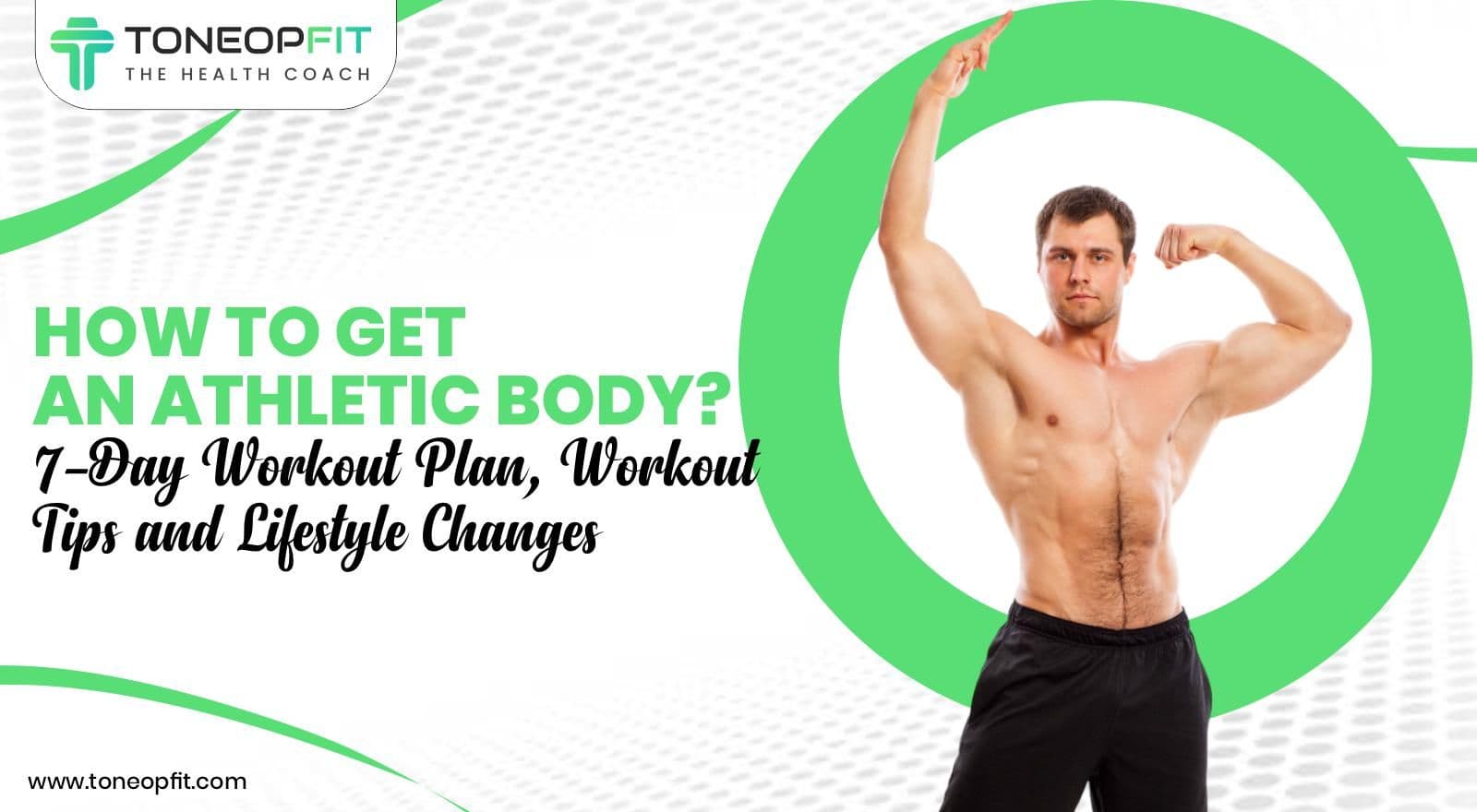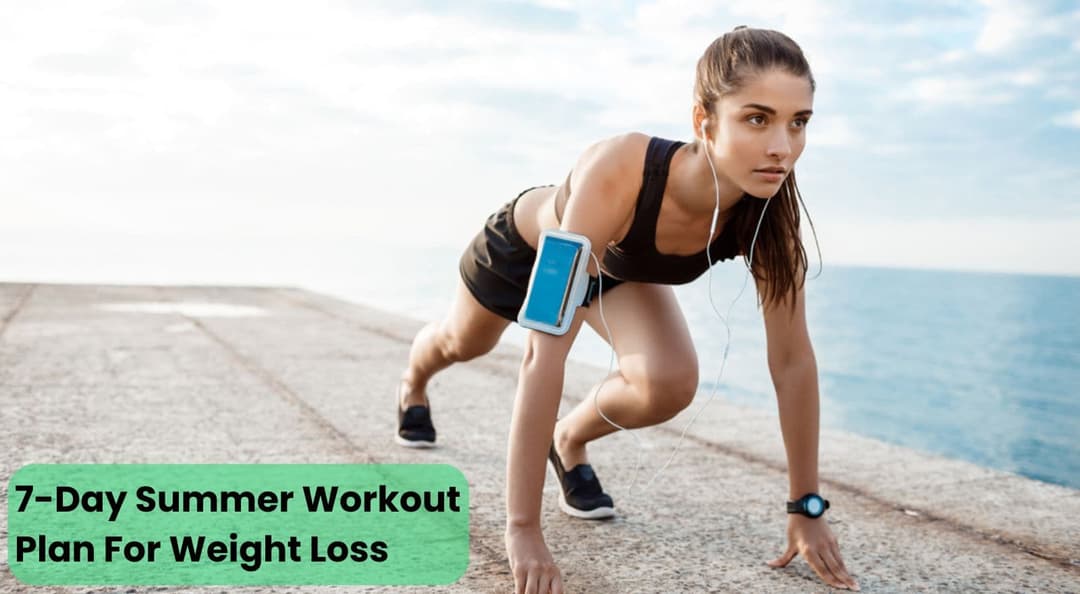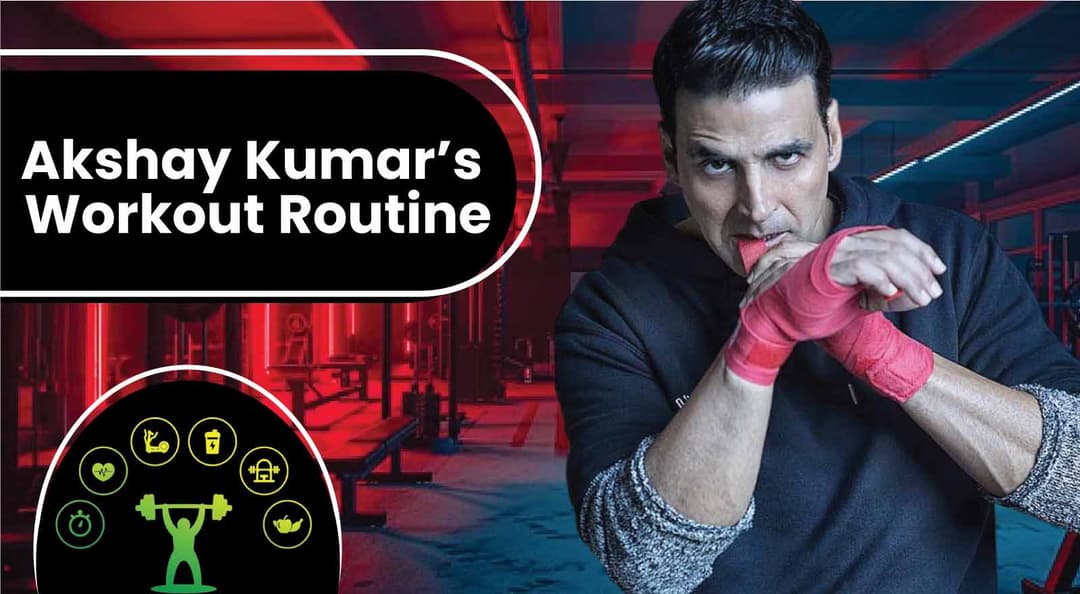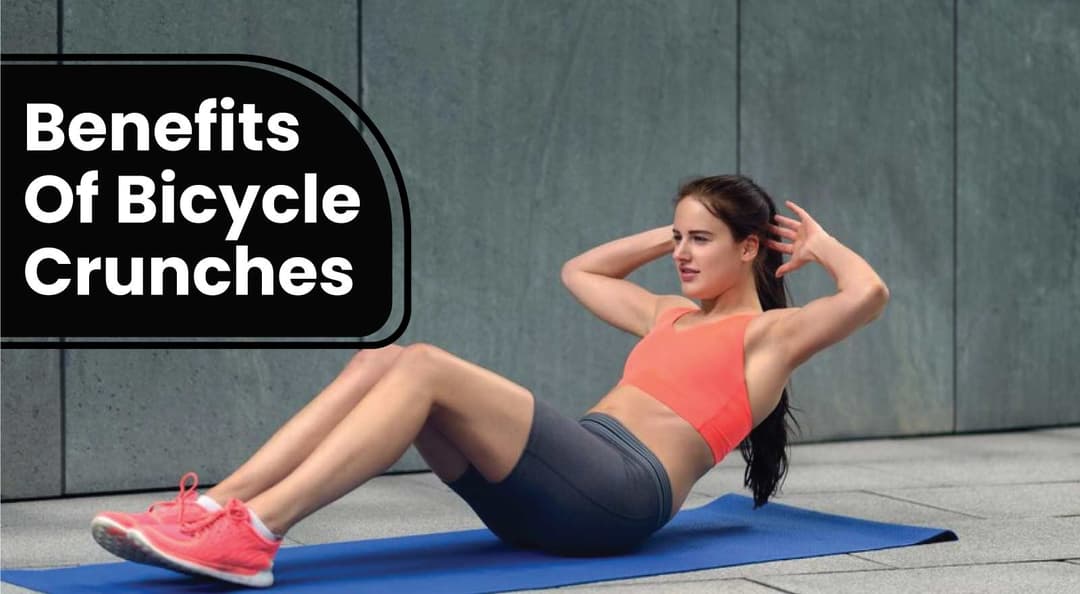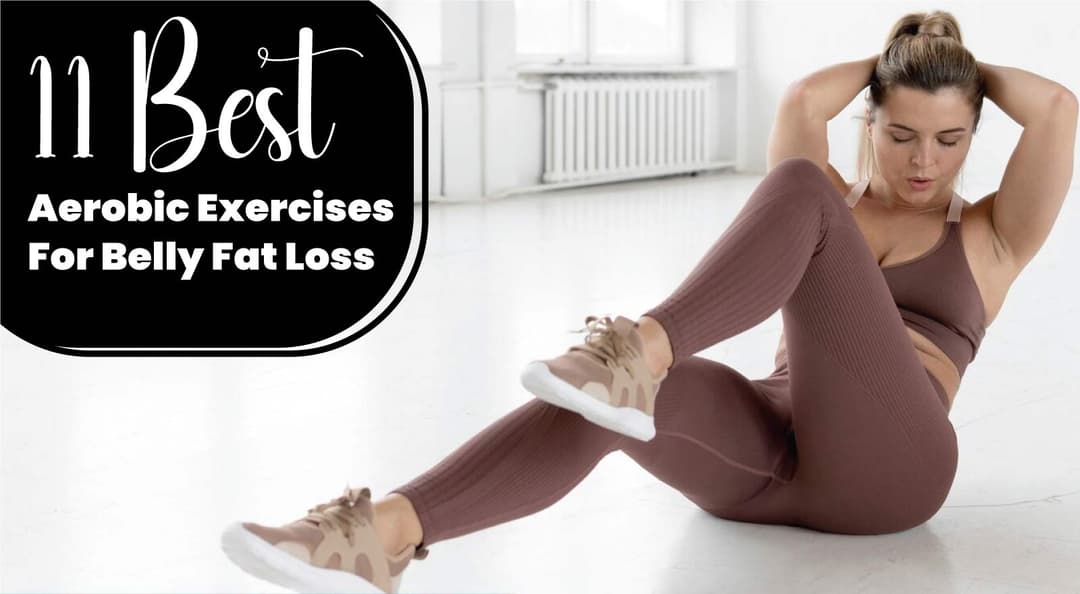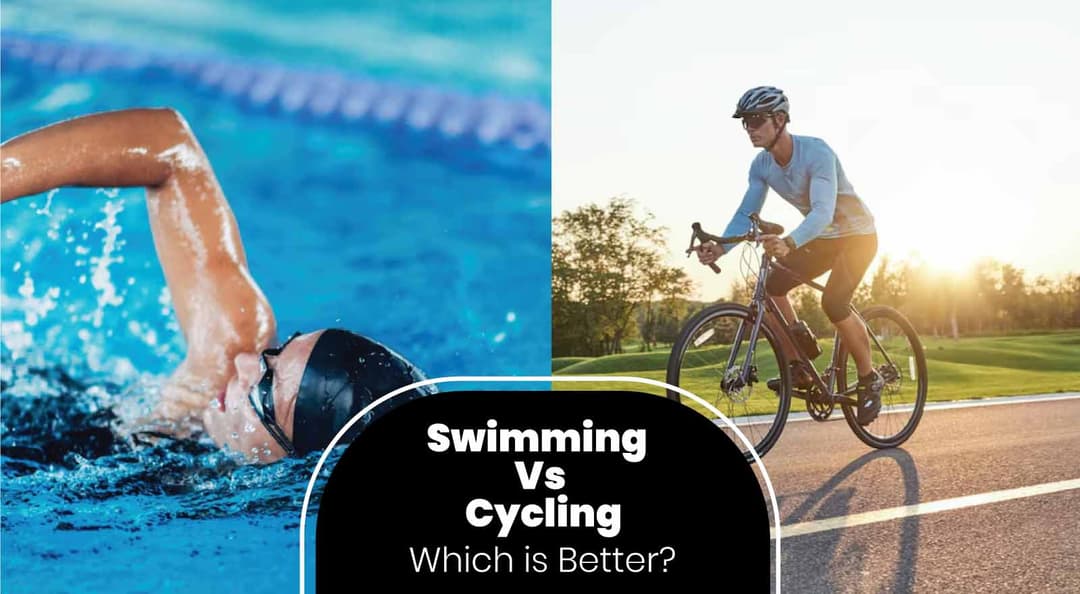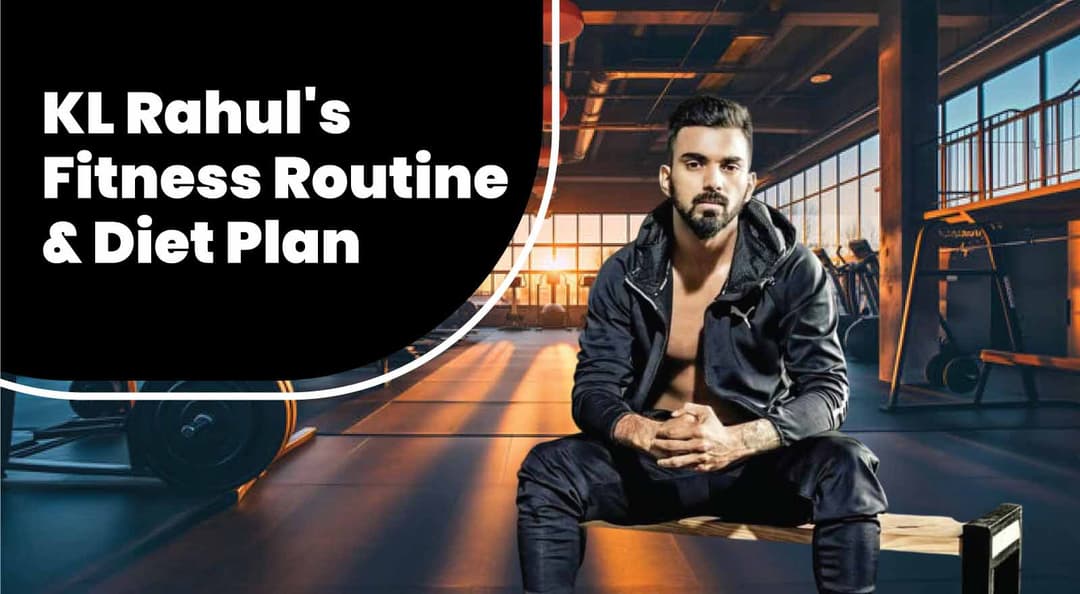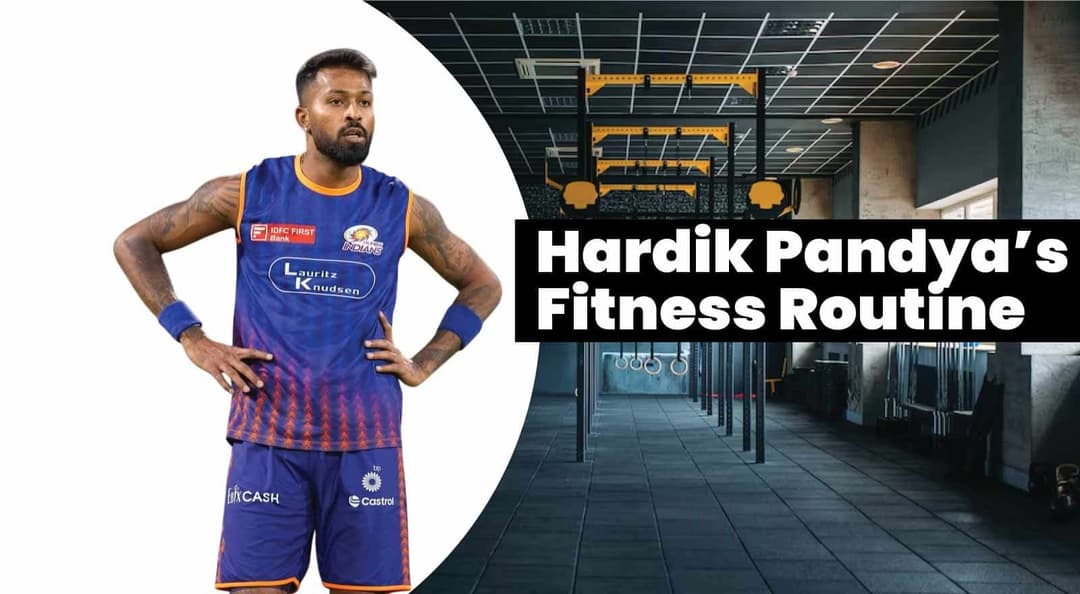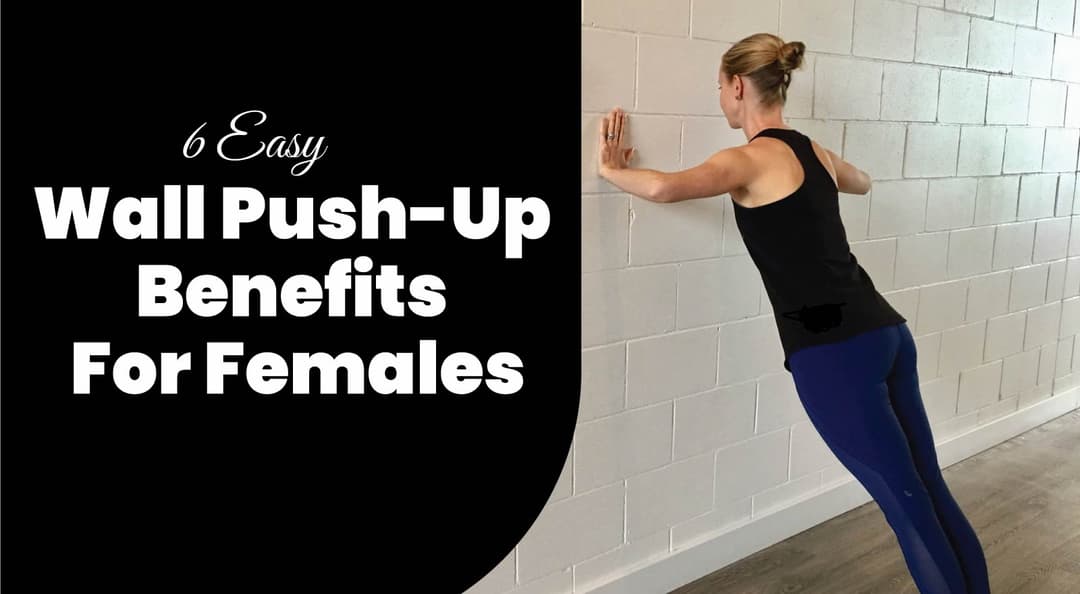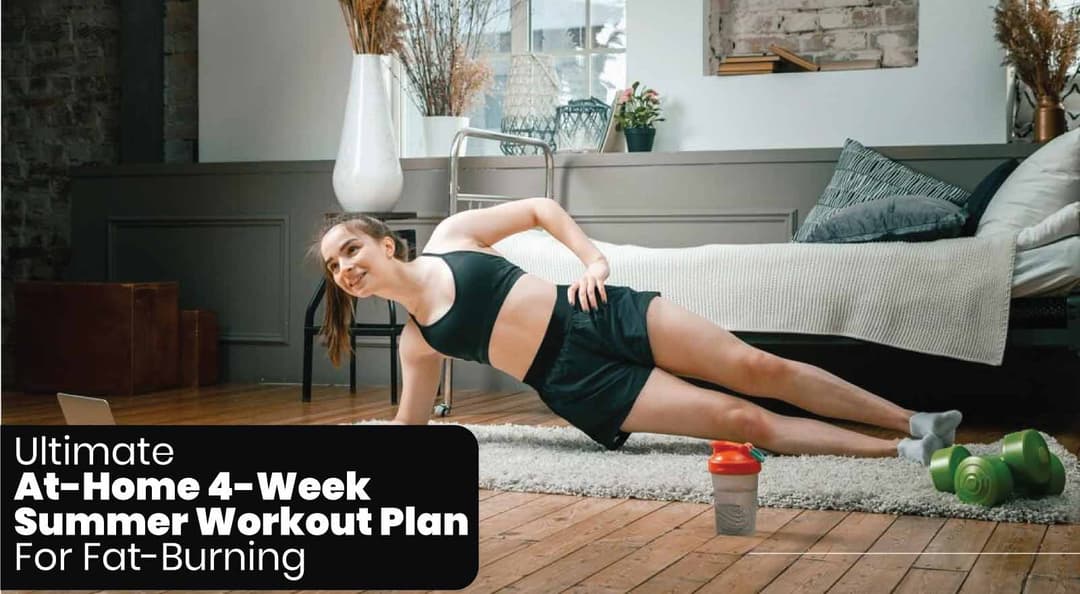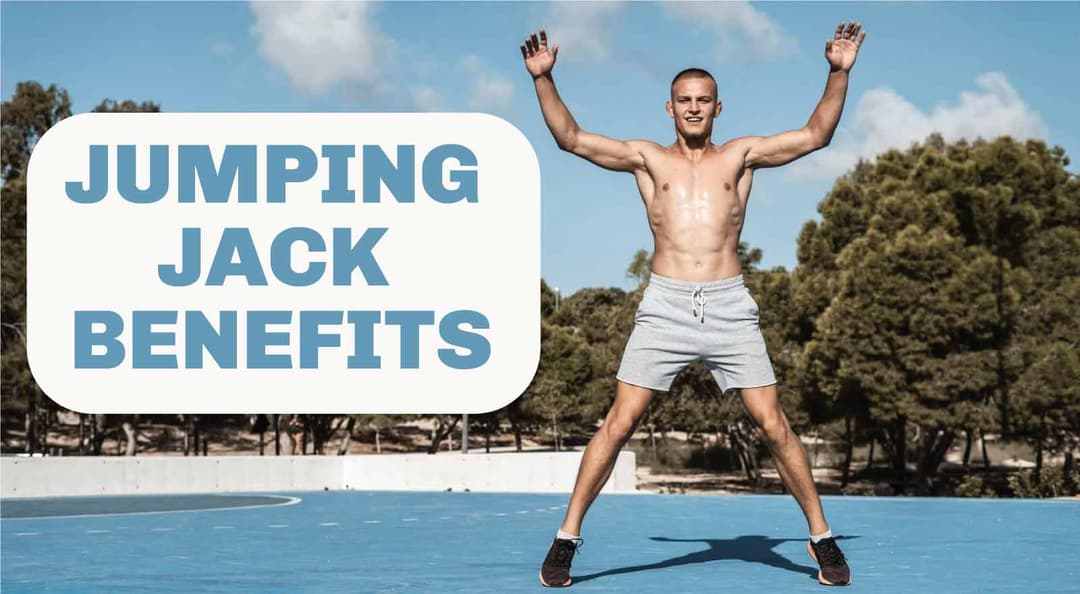An athletic body is more than just toned muscles and arms—it represents the full potential of the human body: a combination of strength, agility and endurance that makes your body a perfectly tuned machine capable of handling several physical challenges.
An athletic body offers a person the freedom to effortlessly chase a frisbee on the run, conquer a challenging hike, or dominate a friendly basketball game. In an age where everything is mostly operated through computers and most work doesn’t require a person to move a lot, achieving this level of fitness requires dedication and a multifaceted approach.
This blog will be your comprehensive guide to unlocking the knowledge and strategies necessary to shape your journey to an athletic physique. Covering all aspects from nutrition and training to mindset and recovery, we will tell you how to get an athletic body and some changes that you can implement in your life to build a better lifestyle and health!
Table Of Contents
- What Defines An Athletic Physique?
- How Can I Look More Athletic? Follow This 7-Day Sample Workout Plan For An Athletic Body
- How Can I Get An Athletic Body Fast? 9 Fitness Tips
- 7 Easy Lifestyle Changes To Get An Athletic Body At Home
- Dietitian’s Recommendation
- The Final Say
- FAQs
- References
What Defines An Athletic Physique?
An athletic body is not just about aesthetics but also strength, agility, and overall physical capability. It is defined by a well-developed bodily balance, strength, endurance, and muscle definition.
Achieving an athletic body requires a balanced workout routine that combines strength training exercises, cardio exercises, and flexibility exercises paired with a nutrient-dense diet. Regular training and diet to look more athletic requires effort, commitment, and persistence.
The foundation of an athletic body rests on four key pillars:
- Low body fat percentage
- Strength and Power
- Stamina and Endurance
- Flexibility
Also Read: 10 Best Fat-Burning Exercises To Torch Calories Fast And Tone Your Full Body!
How Can I Look More Athletic? Follow This 7 Day Sample Workout Plan For An Athletic Body
Whether you’re just starting out or have some experience with exercise before, this sample workout plan will work wonderfully for you. You may adjust the reps and sets according to your fitness level and goals.
| Day | Exercises | Reps and sets |
| Day 1 |
| 4 sets of 3-8 reps |
| Day 2 | Warm-up:
Workout:
| 1 set of 10 reps |
| Day 3 |
| 3 sets of 12 reps |
| Day 4 | Rest | Rest |
| Day 5 |
| 3 sets of 10 reps |
| Day 6 | Warm-up:
Workout:
| 3 sets of 15-20 reps |
| Day 7 | Rest | Rest |
How Can I Get An Athletic Body Fast? 9 Fitness Tips

Here are the best tips for you to get an athletic body:
1. Define Your Athletic Goals
The first step on your journey to an athletic body is to define your goals. Consider what an "athletic body" means to you. Do you want to build strength, increase endurance, improve agility, or achieve a combination of all three? Clear goals will guide your choice of training and diet.
2. Combine HIIT With Strength Training
Create a workout routine that dedicates about 3-4 days a week to high-intensity interval training (HIIT) sessions. Focus on activities like burpees, mountain climbers, squats, running on a treadmill, using other cardio equipment, etc. These HIIT workouts push your heart rate high in short intervals. Due to minimal rest, your heart rate stays elevated, resulting in increased calorie burning during and after exercise.
On the remaining days, focus on strength training. Use heavier weights and push for 12-15 reps per set. Keep changing the exercises every once in a while to keep your muscles engaged and prevent strength and muscle-gain plateaus.
Also Read: Check Out These Powerful 15 Strength Exercises At Home For Maximum Fitness Gains
3. Track And Edit Your Macros
Macronutrients are protein, carbohydrates and fats. They serve as your body's building blocks and act as fuel for functioning. Monitor the balance of these macronutrients to optimise your performance and achieve an athletic body. You can use a food diary or a tracking app to ensure you’re meeting your macro targets every day.
An ideal macro division for an athletic body typically consists of the following:
- 40% Carbohydrates
- 30% Protein
- 30% Healthy Fats
This balance supports energy needs, helps you gain muscle, and supports recovery needed for getting an athletic body. These ratios may vary slightly from person to person based on individual goals, activity levels and metabolism.
Also Read: Top 15 Foods For Post-Workout Recovery And 6 Delicious Snack Ideas
4. Add Unilateral Exercises
Unilateral training involves training one side of the body at a time. These exercises improve balance, coordination, and muscle imbalances. They also increase core strength and stability as well as overall strength. Unilateral exercises are safer under weight load, which reduces stress on the body, which is sometimes caused by compound exercises.
A few examples of unilateral exercises are:
- Bulgarian split squats
- Lunges
- Single-arm dumbbell press
- Single-leg deadlifts
- Step-ups (onto a bench or box)
- Single-arm row
5. Focus On Functional Training
To have an athletic body, you must have coordination, balance and agility. Functional training is your way to building a good physique while fine-tuning your body's motor coordination skills.
Functional training also bridges the gap between gym workouts and real-life activities. Exercises that mimic everyday movements that improve your overall athleticism by increasing your speed and strength in a way that can be used in every day life.
A few examples of functional exercises are:
- Squats
- Deadlifts
- Kettlebell Swings
- Farmer's Walk
- Lunges
- Pull-ups or Rows
Also Read: 10 Effective Compound Movement Exercises For Beginners To Add In Your Strength Training Program
6. Train Outdoors
Exercising outdoors offers a refreshing change of pace and scenery. Outdoor fitness workouts such as trail running, hiking or circuit training in a natural environment will challenge your body in a unique way. The uneven terrain, fresh air and different elements engage different muscles and stimulate your senses in ways that training indoors can’t, resulting in a well-rounded fitness experience.
Examples of outdoor activities include:
- Running or jogging
- Hill sprints
- Bodyweight exercise circuit
- Tire flips
- Sand sprints or drills
- Obstacle course
7. Work On Your Weaknesses
Identifying and training your weaknesses is a key aspect of balanced progress. Spend more time working on muscle groups or skills that are your weakness to improve overall body symmetry and functional fitness. Focusing on your weaknesses creates a solid foundation to support your strengths and prevent imbalances.
8. Focus On Mobility And Flexibility
Prioritising mobility and flexibility is critical to injury prevention and performance optimisation. By incorporating exercises that improve your range of motion, you'll ensure your muscles are able to work efficiently. Improved flexibility also contributes to better posture, ease of movement and overall body functionality.
To improve flexibility and mobility, include these activities:
- Dynamic stretches
- Static stretching
- Yoga
- Foam rolling
- Mobility drills
Also Read: Dynamic Stretching VS Static Stretching: 8 Differences To Select The Best Fit!
9. Practice Active Recovery
Giving your body a full day of rest is good, but active recovery maybe even better. Active recovery involves low-intensity exercises that promote blood flow, circulation, muscle recovery, and reduce muscle soreness.
Here are a few active recovery exercises for rest days:
- Light jogging
- Yoga
- Cycling
- Swimming
- Stretching
Also Read: Fuel Your Workout With These 7 Top Foods For Muscle Recovery And Growth
7 Easy Lifestyle Changes To Get An Athletic Body At Home
Yes, you don’t really need to go to the gym to build an athletic body! Here are some tips you should follow to get an athletic body:
1. High-Protein Diet
Support your exercise with a high-protein diet, which is essential for muscle recovery and growth. Include lean meats, fish, eggs, dairy, and plant-based protein sources like tofu and legumes. Quality protein powders like Alfalfa Powder are an excellent addition to your diet for added convenience and protein.
Also Read: What Is The Thermic Effect Of Food? Know Here!
2. Eat Healthy Carbohydrates
Carbohydrates provide the energy needed to perform during training. Choose complex carbohydrates such as whole grains, veggies and fruits that provide sustained energy and essential nutrients.
Also Read: Top 10 Foods High in Carbohydrates That Are Straight-Up Healthy and Totally Worth It!
3. Stay Hydrated
Hydration is vital to overall health and athletic performance. Drink plenty of water throughout the day, especially before, during and after training. Proper hydration ensures optimal functioning of your body and helps with muscle recovery.
4. Stay Consistent
Consistency is key when working on an athletic body. Make exercise and healthy eating part of your lifestyle rather than a short-term effort to be consistent. Stay committed to your exercise routine, maintain a balanced diet, and trust the process.
5. Stick To Minimally Processed Foods
Choose minimally processed foods that provide the body with essential nutrients without added preservatives or artificial ingredients. Whole foods contribute to overall health and support your athletic physique.
7. Prioritise Quality Sleep
More sleep means better performance. Athletes must get at least 7-8 hours of restful sleep to recover their bodies and be ready for the next day. Optimal sleep regulates mood, improves brain function, and increases energy and productivity.
Dietitian’s Recommendation
Adding these other fitness tips to your routine will improve your journey to an athletic body. Fuel your body with a balanced diet rich in whole foods, lean protein, complex carbohydrates and healthy fats. This provides the essential nutrients your body needs to build muscle, repair tissue and optimise performance. Stay hydrated throughout the day, especially before, during and after training.
Additionally, you can add supplements like protein powder, fish oil capsules, multivitamins, and electrolytes for better performance and growth.
Dt. Lavina Chauhan
The Final Say
Training to achieve an athletic body and performance can be incredibly demanding. It requires consistent effort and determination. To achieve this, you must strictly follow your athlete's training plan.
Remember that everyone's body is different, so it's important to find out what works best for you and stick with that. Incorporate our unique tips alongside basic fitness principles for a comprehensive approach to achieving an athletic physique. Your athletic figure isn't just a goal; it is a testament to your growth, discipline, and potential.
FAQs
1. How can I improve my sports performance?
Implement a comprehensive exercise plan that focuses on strength, agility, speed, endurance and flexibility. Organise your training regimen by periodisation, strategically varying the intensity and volume of your workouts to optimise results.
2. What is the best training for athletes?
There is no one-size-fits-all approach. The best training for athletes is tailored to the specific demands of their sport. He should emphasise functional movements and follow a regular training schedule.
3. How long does it take to get an athletic body?
Several factors determine how long it takes to get an athletic body, like your starting point, training intensity and consistency. Generally, noticeable changes can take 3 to 6 months with a balanced workout routine and proper nutrition, but lasting results require long-term commitment.
References
- https://americanwomanblog.com/how-to-get-an-athletic-body/
- https://www.fitpaa.com/blog/what-are-the-best-ways-to-build-an-athletic-body/
- https://sfhealthtech.com/blogs/post/how-to-get-an-athletic-body?srsltid=AfmBOooz-NxDqQfm_e3bl_ODbAAhWdt6-cgqR7_RlbcFQ8XHbyHnSS3G
- https://www.powermaxfitness.net/top-10-tips-for-achieving-an-athletic-physique-bd-196.html?srsltid=AfmBOoqurIL7J--kbcc3IbEWfuL06oJ-_rB26f_2iqFnFkujE4QeiklY
- https://betterme.world/articles/athlete-workout-plan/
- https://www.garagestrength.com/blogs/news/how-to-build-an-athletic-physique?srsltid=AfmBOooKkmqSH00k2shdOYXlFDxoIHTwZzI2uekCm1DkooMI0tysIjvF
About ToneOp Fit
ToneOp Fit is a platform dedicated to improving and maintaining good health through a comprehensive range of goal-oriented health plans with up to 3 Coach support. With a range of Weight Management, Medical Condition, Detox Plans, and Face Yoga Plans, the app also provides premium health trackers, recipes and health content. Get customised diet, fitness, naturopathy & yoga plans and transform yourself with ToneOp.











